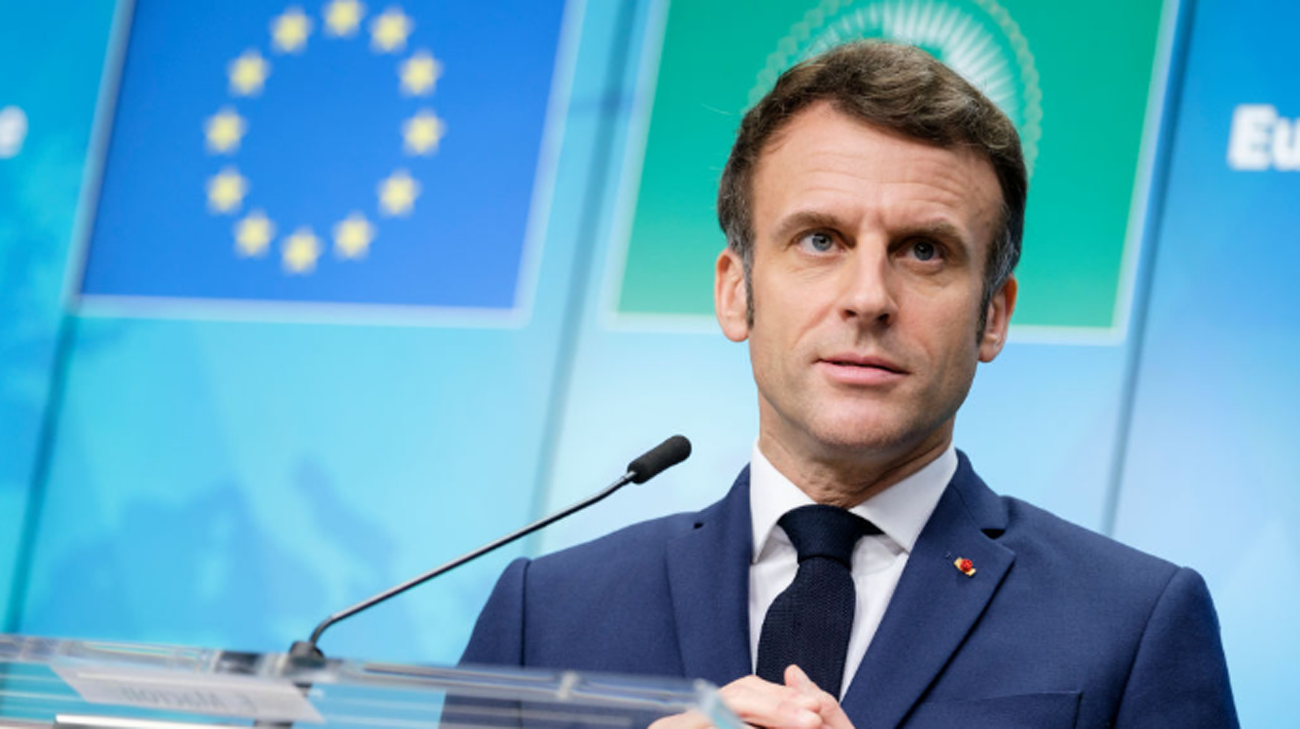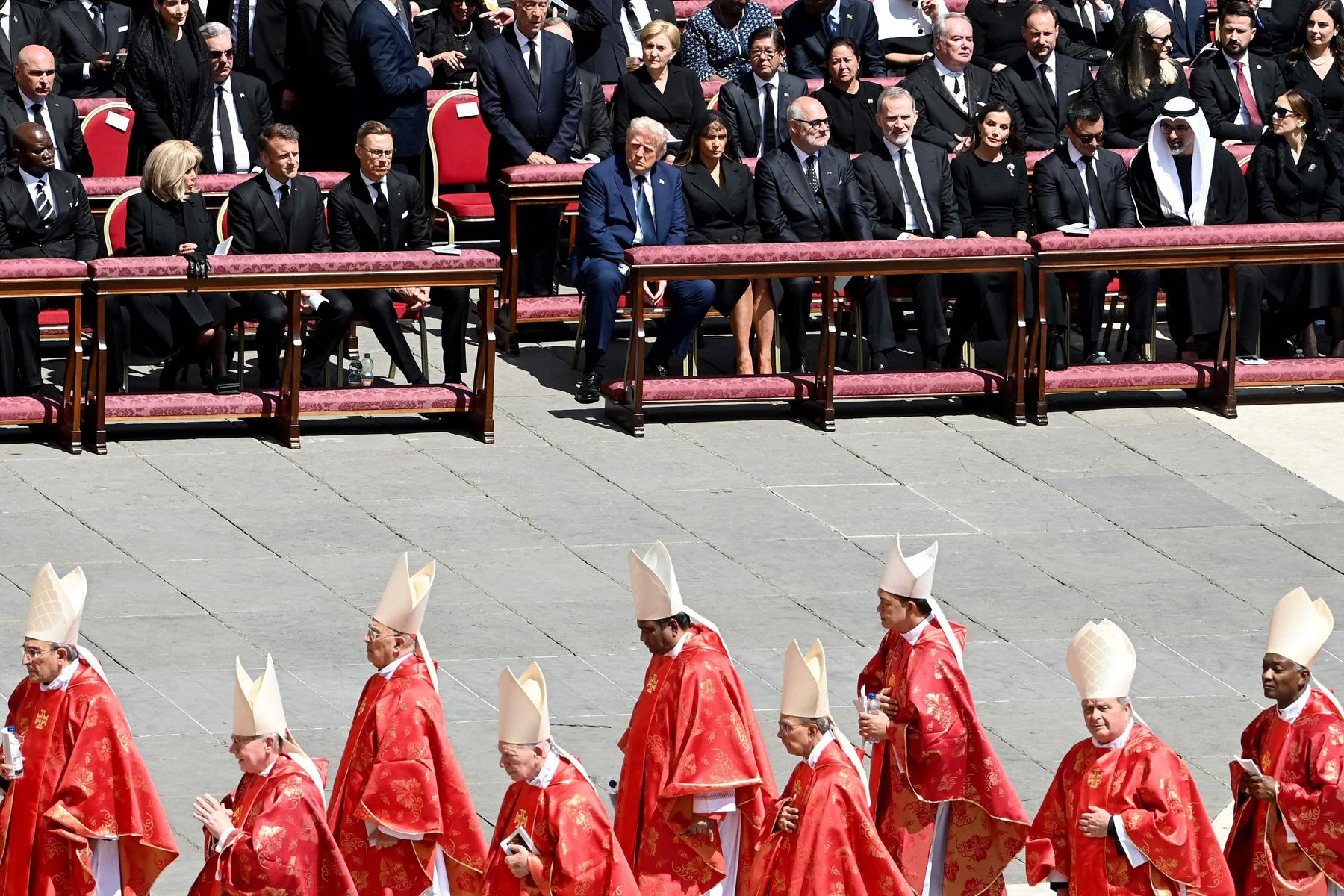Fails to 13 times the constitution of the Assembly of Kosovo
Kosovo continues to be without a functioning assembly, as MPs have failed again, in their thirteen effort, to constitute the new Assembly.
The latest failure occurred on Friday, exactly three months after the parliamentary elections on February 9th.
As in previous days sessions, on Friday, the chairman of the constituent session, Avni Dehari, again demanded the formation of a secret voting committee for the parliamentary speaker.
The proposal did not receive sufficient votes and the session was terminated to continue after two days, Sunday morning.
Successive failures to constitute the new Assembly have deepened the country’s political stalemate, raising concerns about institutional paralysis and are seen as a test for Kosovo’s state maturity.
No party won the majority to govern alone. The Vetevendosje Movement came first by winning 48 seats, 13 less than at least 61 needed to form the new government alone.
Although dozens of sessions have been called for the constitution of the Assembly, political divisions have repeatedly hampered this process.
Vetevendosje is failing to secure the 61 votes needed to elect Albulena Haxhiu to the post of Speaker of Parliament.
Haxhiu is seen by the Democratic Party of Kosovo and the Alliance for the Future of Kosovo as a « divisive figure », while the Democratic League of Kosovo says it will not support any candidate of Vetevendosje for Parliament Speaker.
Vetevendosje insists that Haxhiu deserves to be elected and, while seeking political agreement with other parties, has ruled out the opportunity to bring candidates other than it.
Despite some of the late moves to unlock the stalemate, there is no agreement between the parliamentary parties.
The LDK, which came out third by winning 20 seats, has rejected the Self-Determination offer for the ruling coalition.
Instead, the LDK leader, Lumir Abdixhiku, has demanded the formation of a transitional government between the parliamentary parties until the appointment of the country’s president, ie in April 2026, when the current President Vjosa Osmani expires.
While Vetevendosje immediately opposed the idea of such a government, other parliamentary parties have expressed the will to talk. /REL/





